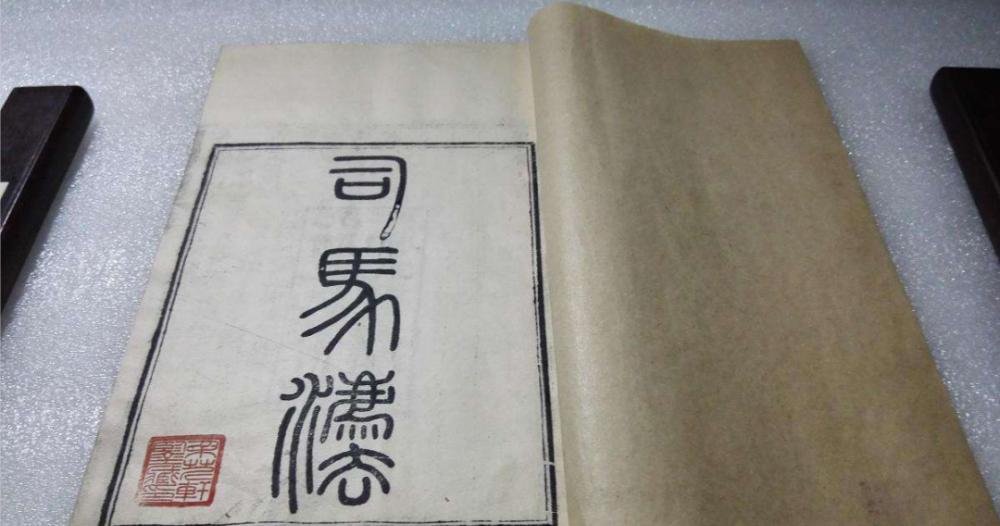
Use the crowd
Where the way of war is to use the widowhood, to rule with the multitude; the widow is troubled, and the multitude is righteous. Use the crowd to advance and stop, and use the widow to advance and retreat. If the multitude is united, it is far away; if it is divided and repeated, the widow is waiting for the multitude; if the multitude is suspicious, it is used by oneself. If you are profitable, you will release the flag and meet the opposite. If the enemy is many, he will be wrapped up in the multitude. If the enemy is outnumbered, he will avoid it.
Mortal battles, leeward, high back, right high and left dangerous;
Wherever there is a war, we will watch it and look at it as it is, and we will do it in the face of the enemy. Wait for the drums, wait for the multitudes; attack and serve.
In all wars, the multitudes and widows watch their changes, advance and retreat to see their solidity, danger and fear, quiet and lazy, moving and watching their doubts, attacking and watching their governance. Strike at their doubts, add their pawns, cause them to bend, and attack their rules. Because it does not avoid, obstructs its map, seizes its worries, and takes advantage of its fears.
Whoever never stops, the enemy or stops at the road, is worried. Whoever is close to the enemy will have a way forward, and if he retreats, he will have a counter-worries.
In all wars, the first is harmful, and the latter is intimidated; the interest is sluggish, the non-stop is also harmful, and the long-term is also the opposite.
His intimidation of the book is to be desperate; to choose a good subordinate soldier is to benefit the strong of the people; to abandon the diet is to open up the meaning of the people; and to be the government of ancient times.
Translations
The key to commanding operations is to strive to consolidate the battalion and strengthen the strength of the troops, and to strive to be strict and orderly. Weak troops are conducive to unpredictable changes and surprise victories, and strong troops are conducive to regular combat. If the strength of the troops is strong, it must be able to advance and stop as steady as a mountain, and the weak troops must be able to enter and exit without impermanence. To engage a weaker enemy with superior forces, an encirclement should be formed from a distance and a gap should be left to "let him flee", or attack the enemy in batches. To deal with the superior enemy with weak forces, it is necessary to bluff and confuse the enemy and use the method of surprise to win victory. If the enemy has occupied favorable terrain, roll up the flag, pretend to be defeated to lure it out, and then fight back against it. If the enemy has a large number of troops, it is necessary to understand the situation and prepare to fight under siege. If the enemy has few soldiers and moves cautiously, it should first take a step back and then take advantage of the gap to destroy it.
In all battles, it is necessary to carry the wind to the back to the high ground, the right side to rely on the high ground and the left to rely on the dangerous, in the face of swamps and collapsed land to quickly pass, and the camp must choose the terrain with dangers to defend on all sides and the higher terrain in the middle. In general operations, we should first set up a position, not be busy with combat, see how the enemy moves, and then take corresponding actions. If I find that the enemy is ready to trap and wait for me to hit its plan, in order to adapt to this situation, I will not launch an attack for the time being, but wait to observe the action of the enemy's main force. If the enemy attacks, concentrate your forces on the enemy's flaws to strike at it. In general combat, more or less troops should be used to test the enemy in order to observe its changes. Use sudden advances and retreats to observe whether its position is stable; to threaten the enemy with imminent approaching to see if it is afraid; to press its troops still to see if it is slack; to make a pretense to see if it is doubtful; to make a sudden interception to see if its lineup is in order. Strike at the enemy when hesitating, and take advantage of the enemy's haste and unpreparedness to attack it, so that the enemy's combat effectiveness cannot be exerted. Attack the enemy and disrupt its deployment, take advantage of the enemy's mistakes of risking light advance, prevent it from carrying out its attempts, smash its established plans, and annihilate it when it is feared by its army.
Whoever pursues the defeated enemy must not stop, and if the enemy stops in the middle, he must carefully consider his intentions. Whenever we are approaching the enemy's capital, we must first study the way to advance. When retreating, we must also consider the plan of retreat in advance.
In any battle, acting too early is easy to make the troops tired, too late to make the army afraid, only pay attention to rest will make the army slack, always do not rest will inevitably make the army tired, but rest for a long time, but will produce cowardice.
Soldiers are forbidden to communicate with their loved ones in order to cut off their homesickness. Outstanding talents are selected and weapons are awarded to enhance the combat effectiveness of the army. Abandon heavy equipment and bring less food to inspire the soldiers' determination to fight to the death. These are all methods of running the army and fighting since ancient times.